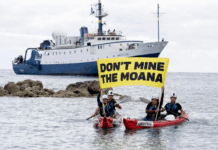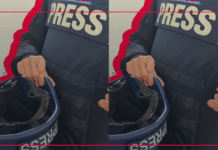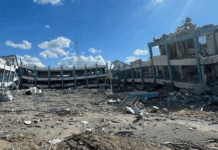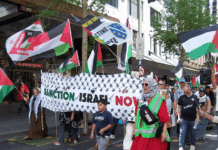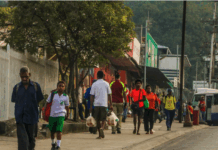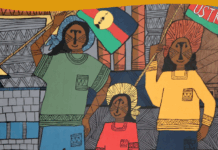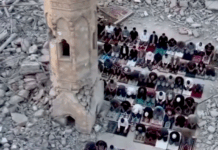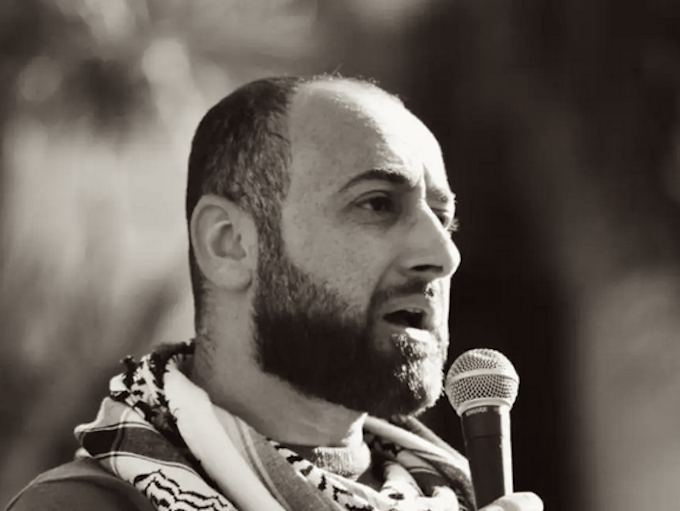
By Rachel Helyer Donaldson, RNZ News journalist
A Palestinian man living in Aotearoa New Zealand who has lost 55 relatives in three Israeli airstrikes on Gaza, says his remaining family will never leave, despite a US proposal to remove them.
US President Donald Trump doubled down on his plan on Friday after it was rejected by Palestinians and leaders around the world.
Yasser Abdulaal, who has lived in Ōtautahi Christchurch for five years, said his two sisters had lost their homes in the 15-month-long war.
- READ MORE: US committed to ‘buying and owning’ Gaza, Trump says
- Palestinians returning to ‘toxic wasteland’ in northern Gaza
- Peters’ refusal to join ICC backers puts NZ in Trump’s ‘lawless minority’
- World leaders react to Trump sanctions on International Criminal Court
- Other Israel’s war on Palestine reports
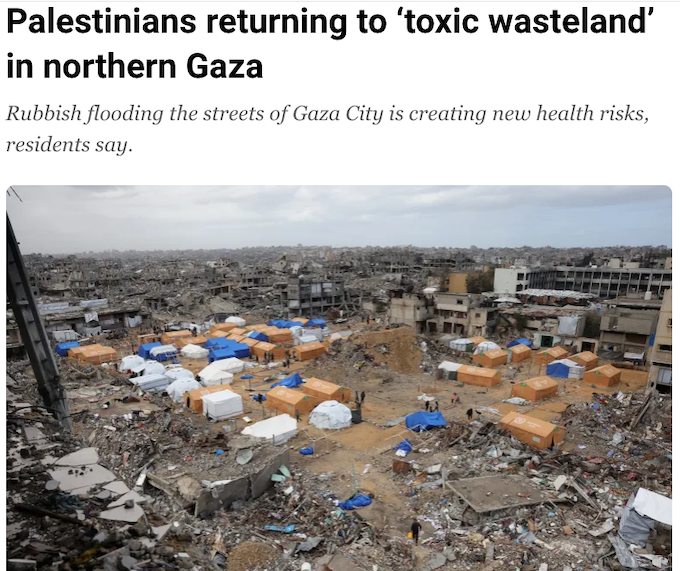
Abdulaal said they and their husbands — all teachers — could have left at the start of the bombing but refused to abandon their land — and they would not be leaving now.
“After the ceasefire and with Trump’s statements, they are definitely not going to leave Gaza, regardless of what he says and what [the US] does. It’s their land.”
He said New Zealand should recognise Palestine as a state and sanction Israel in accordance with international law.
It should also call for more funding for international aid to Gaza, he added.
‘Two-state solution’
“New Zealand voted for a two-state solution and we have been asking the government to enforce that. Many countries during the genocide already recognise Palestine as a state but our government sees it as ‘not the right time’.
“I think it is the right time, and New Zealand should recognise Palestine immediately.”
Abdulaal said he reached a moment during the war where he could not bring himself to call his sisters.
“I didn’t know what to say, remotely, from New Zealand.
“It’s a really hard time for everyone, they’ve been in tents for more than eight months, both [my sisters’] houses have gone, they are completely rubble.
“They are still in tents despite the ceasefire because they have no other place to go to.”
But he has talked to the pair since the ceasefire began.
Israeli tanks in area
“One of my sisters can’t even go and see her house as there is still Israeli tanks in that area [the Philadelphia corridor]. But we know from footage — as she says — the height of my house now is half a metre, it was two levels but now it’s half a metre.
“It’s mixed emotions. The killing and bloodshed has stopped, but I have lost 55 [relatives] in the airstrikes, most of them women and children.
“They haven’t even had a proper funeral . . . it’s really hard, people are just trying to get food for their kids, those basic human rights for people which they don’t have.
“They are happy with the ceasefire, and we hope it will be a permanent ceasefire, but we have also lost lots of people . . . [the rest] have lost their houses, their jobs, everything.
Families returning to northern #Gaza are shocked by the scale of destruction.
UNICEF’s Tess Ingram shares the reality on the ground and the immense challenges people are facing. pic.twitter.com/IRYrN9AsNM
— UNICEF MENA – يونيسف الشرق الأوسط وشمال إفريقيا (@UNICEFmena) February 9, 2025
“When I close my eyes and I think about losing 55 people, and that’s just the ones we know about. It’s horrific, I can’t believe it . . . they’re all relatives: cousins, uncles, extended family.”
Trump’s proposal was a “dangerous statement and outrageous”, Abdulaal said, likening it to “a reward to Netanyahu and the Israeli government who have been bombing everything in Gaza, killing everyone, committing genocide”.
“[President Trump] says he wants to drive the people out of Gaza, meaning he wants to ethnically cleanse the people from Gaza, which is another war crime,” said Abdulaal.
“This is our land and we are rooted to this land and we’ll never leave it.”
This article is republished under a community partnership agreement with RNZ.



